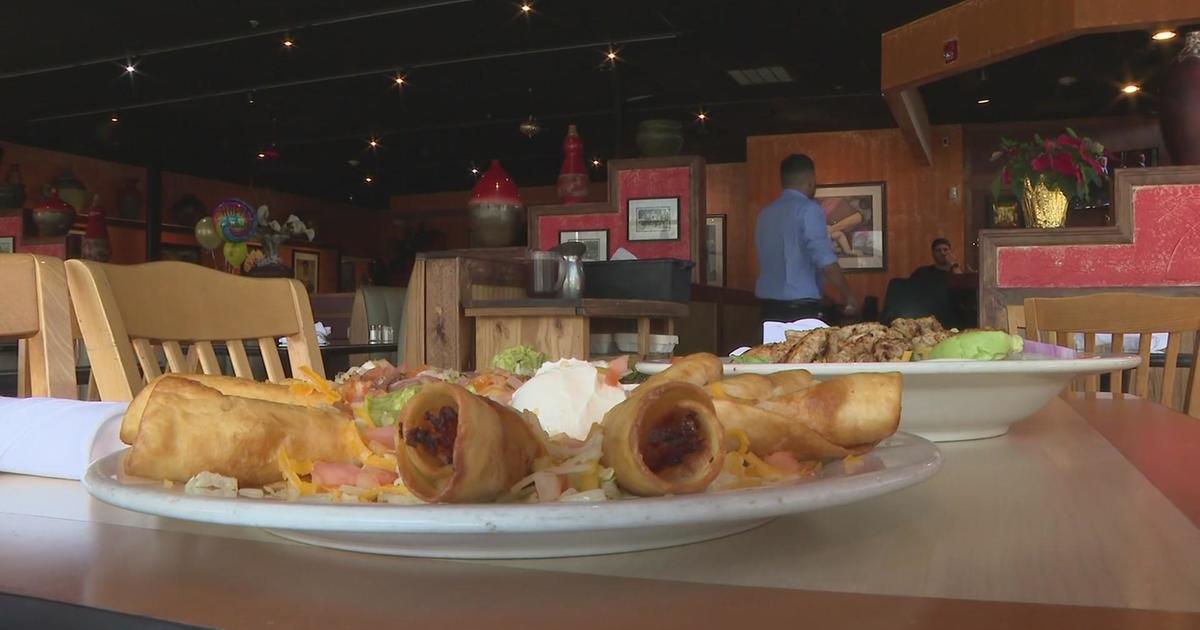Cripple Creek Faces Uncertain Gaming Future
CRIPPLE CREEK, Colo. (AP) - Cripple Creek marked 20 years of legal gambling last month, but the anniversary was muted. The historic mining town doesn't have much to celebrate as its gaming industry faces an uncertain future.
The recession has taken a big chunk out of the discretionary spending gamblers are willing to drop into the town's slot machines and onto its blackjack tables.
And there are new worries about tax changes being considered by the state gaming commission, The (Colorado Springs) Gazette reports.
The commission is considering removing a loophole in the casino tax structure that allows one owner to operate up to three licenses in adjacent buildings. Because the state's gaming tax is graduated, dividing operations into smaller pieces can qualify operators for a lower rate.
The gaming commission discussed the issue in October, but delayed a decision until its next meeting, scheduled for Nov. 17 in Central City.
The change would be a big deal in Cripple Creek, where many of the casinos have expanded from one historic storefront to the next and hold multiple licenses.
Bronco Billy's Casino is one example of the practice. It operates under three licenses -- Bronco Billy's Sports Bar and Casino, Billy's Casino and Buffalo Billy's Casino -- and occupies eight historic storefronts on Cripple Creek's Bennett Avenue. The casino started with a single location, said co-owner Marc Murphy, and gradually acquired more properties and more licenses.
Changing the rule would mean a bigger hit for Cripple Creek than Black Hawk and Central City, said Cripple Creek city administrator Ray White.
"We have operators here that have actually taken the historic buildings and used them for gaming operations as opposed to Black Hawk, where they just knocked them down," White said. "We would see this as a penalty for complying with the historic-preservation requirements of that legislation."
Lois Rice, executive director of the Colorado Gaming Association, agreed that Cripple Creek stands to lose the most if the rule is changed.
"It's going to have a big impact," Rice said. "For over 20 years, the companies that are under the multiple licensure scheme have based their business plans on that taxation method. A lot of them will significantly have to change their operations and it will affect employment."
In a memorandum to the gaming commission, the association's lawyer argued that changing the licensing system would require a public vote under Colorado's Taxpayers' Bill of Rights. The lawyer also said that gaming taxes are imposed on individual licensees rather than corporate owners.
Gov. John Hickenlooper replaced the entire five-member commission earlier this year after expressing his displeasure with a decision by the previous commission. It had decided to reduce gaming taxes by 5 percent because of the industry's weak performance. The new commission hasn't yet taken up the tax cut.
Ten of Cripple Creek's 14 casinos are owned by four companies. If the license loophole is repealed, White said he expects casinos to consolidate and reduce the numbers of employees and slot machines. Now, each licensed location has its own "cage" for payouts, so there is some duplication.
The last few years have been tumultuous in Cripple Creek. In 2008, the new casino Wildwood opened at the entrance to town. Since then, three smaller casinos have closed -- Wildhorse, Gold Rush and Imperial -- and one opened, Big Jim's Gambling Hall and Saloon.
Amendment 50, which took effect in mid-2009, ushered in 24-hour gaming, $100 limits and craps and roulette games, giving casinos high hopes of attracting a wider customer base.
Those hopes have not come to fruition. Compared to last year, revenues in Cripple Creek have fallen for 10 of the past 12 months. That has led to shrinking budgets at the city of Cripple Creek, where 70 percent of tax revenues come from gaming. White is putting the finishing touches on a $9.4 million 2012 budget that will come in $1.8 million lower than 2011's, a 16 percent reduction.
"The long-term trend in gaming indicates that the industry as a whole is not what I would call healthy," White said.
Jim Druck, the general manager and namesake of Big Jim's, said casinos are an easy target for a cash-strapped state.
"We're singled out because we are, quote, a sin business, and it's not fair," he said.
(© Copyright 2011 The Associated Press. All Rights Reserved. This material may not be published, broadcast, rewritten or redistributed.)



